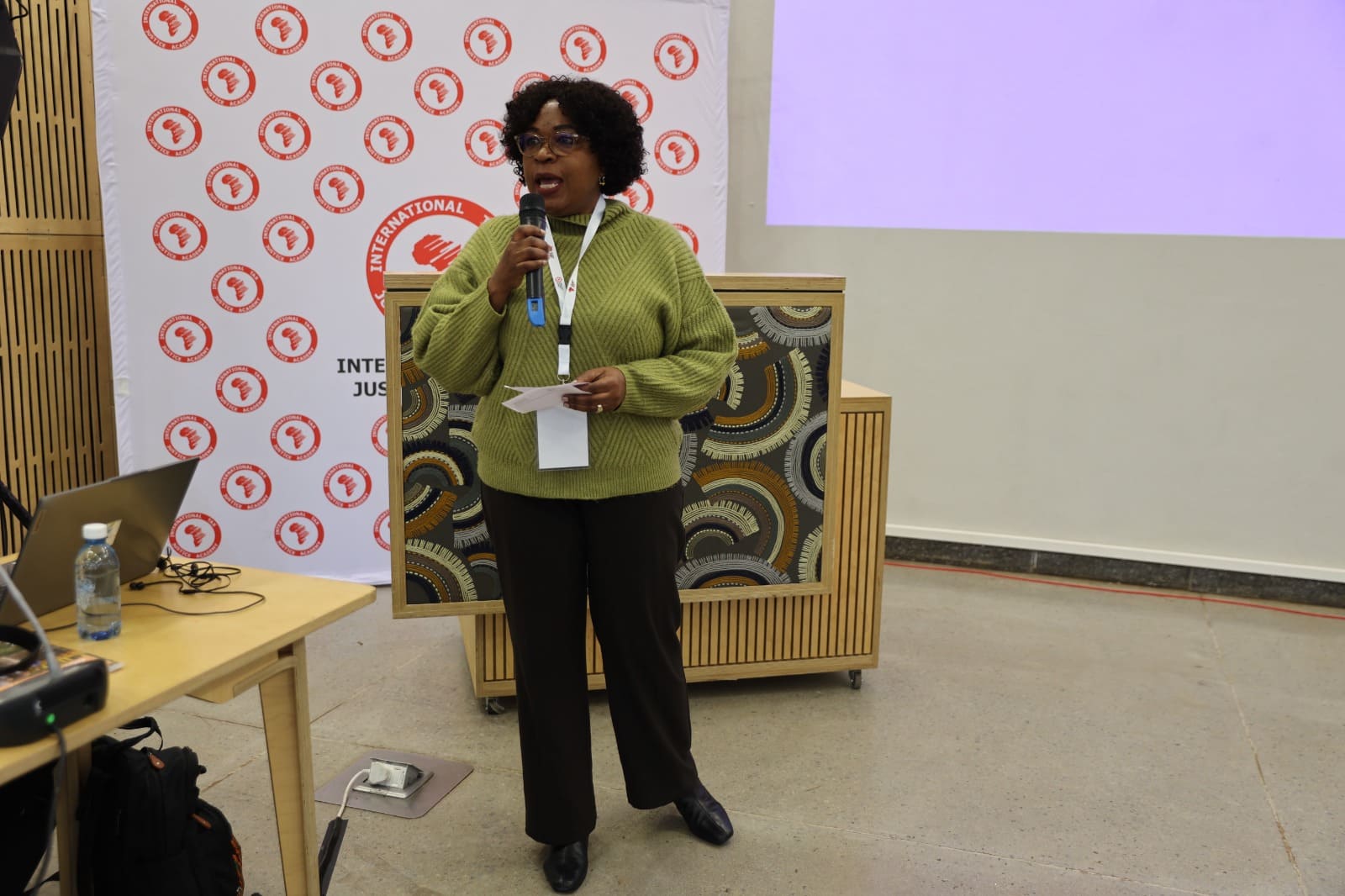
Many investment treaties negotiated by African countries lack transparency in their drafting, negotiation, and implementation processes. This opacity often results in provisions that prioritise the interests of foreign investors over those of the host countries, leading to potential tax avoidance and erosion of the tax base. Therefore, establishing transparent procedures for the negotiation and review of investment treaties is paramount to ensure that these agreements promote tax justice and benefit the broader public interest.
TJNA is fighting for the inclusion of robust accountability mechanisms within investment treaties to hold both investors and host governments accountable for their actions.
Currently, many investment treaties lack effective mechanisms to address breaches of tax justice principles or instances of tax avoidance by investors. Implementing provisions that require investors to adhere to fair tax practices and hold them accountable for any illicit financial flows or tax evasion activities can help safeguard the tax base of African countries and ensure a more equitable distribution of tax revenues.
Addressing the imbalance of power between investors and African governments is essential for advancing tax justice through investment treaties. Often, investment treaties heavily favour the rights of investors, granting them extensive protections and dispute settlement mechanisms that undermine the ability of African governments to regulate in the public interest, including in tax matters. Reforming investment treaties to rebalance these rights and obligations, ensuring that investors operate within the framework of national tax laws and contribute their fair share to the tax revenue, is imperative for achieving tax justice in Africa.
Lastly, promoting international cooperation and coordination among African countries in negotiating and implementing investment treaties is crucial for advancing tax justice objectives. Many investment treaties are negotiated bilaterally between African countries and developed economies, often resulting in power imbalances and unequal bargaining positions. By fostering regional cooperation and solidarity, African countries can collectively negotiate investment treaties that prioritise tax justice, enhance transparency and accountability, and ensure a fair distribution of tax revenues, contributing to sustainable and inclusive development across the continent.





